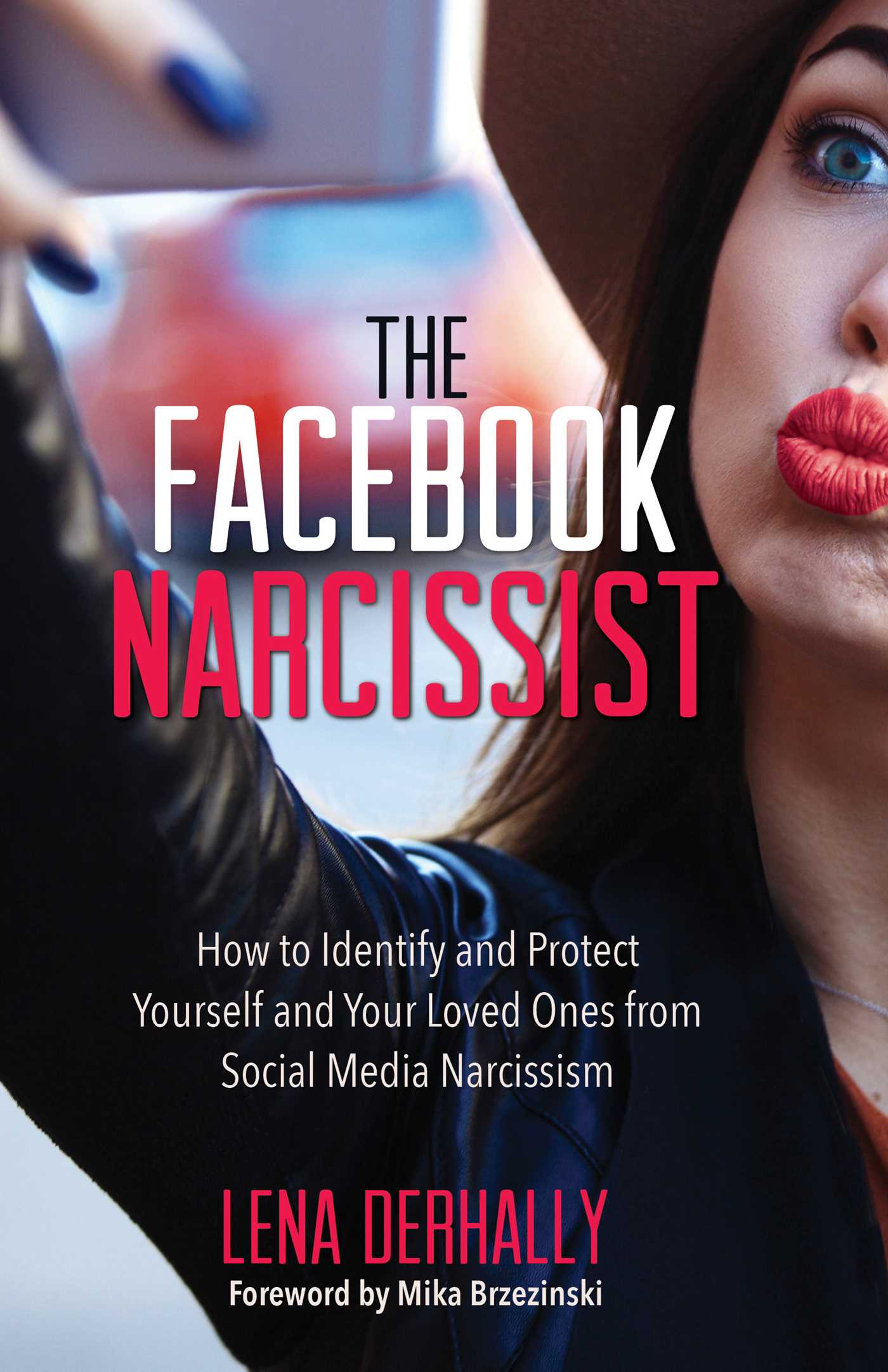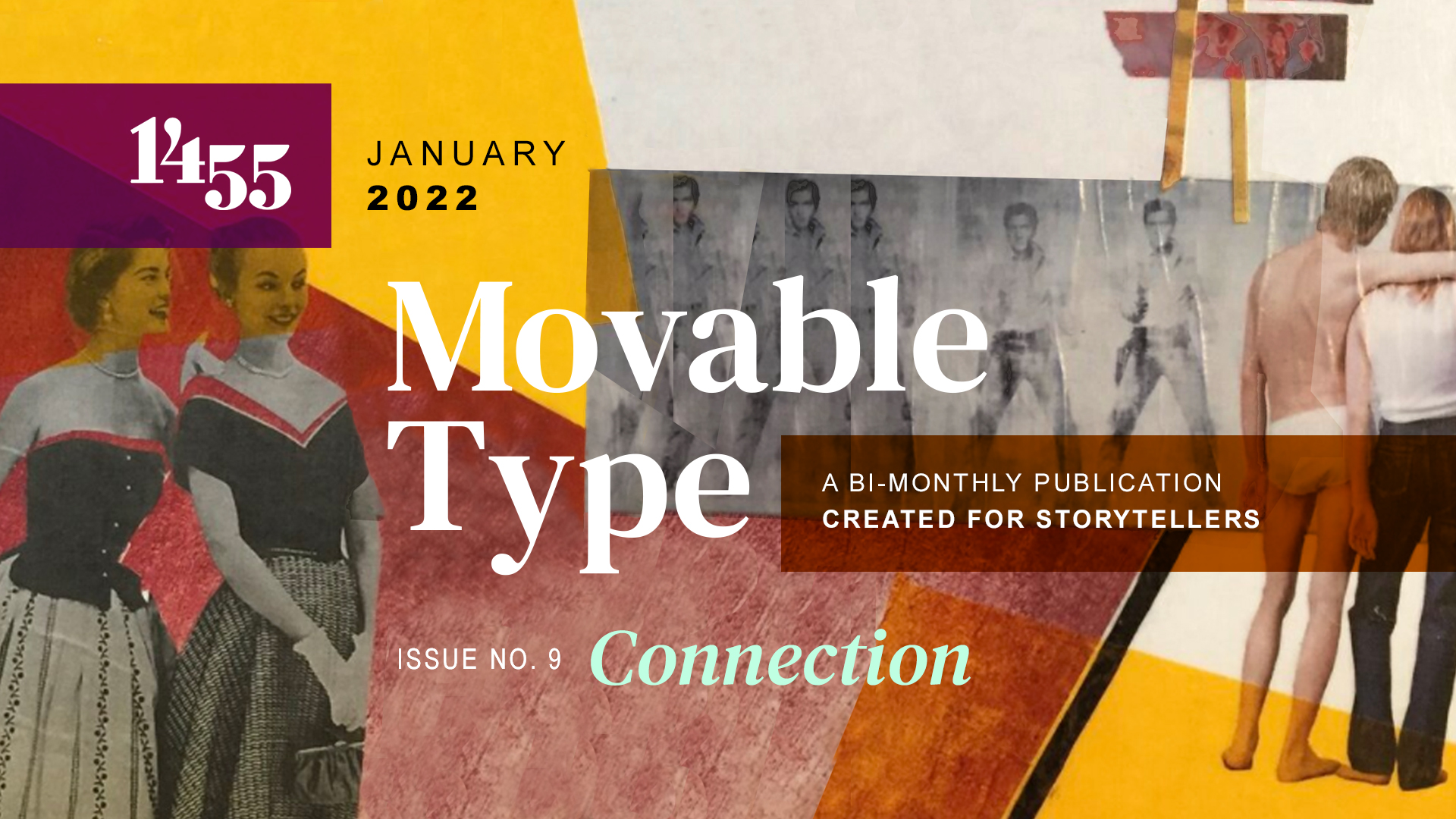Lena Derhally
Excerpt from The Facebook Narcissist: How to Identify and Protect Yourself and Your Loved Ones from Social Media Narcissism
With all the selfies, poseurs, trolls, and keyboard cowboys, social media can often feel like a cesspool of narcissism. The ability to remain anonymous on the internet and inability to hear people’s voices or see them face-to-face (unless on video), can make us lose sight of the humanity of those we interact with over screens. I will never forget reading an anonymous user’s comment on an online forum while researching this book that read (in reference to the pandemic): “I don’t care about sacrificing for the elderly and the vulnerable and will do what I want.”
The remark was shocking, and I couldn’t help but feel some sort of hopelessness and that I am raising my children in a world where people think, feel, and treat others as if they are disposable. So much for the campaign, “We’re all in this together.” That comment truly summed up toxic individualism, entitlement, and lack of empathy.
We have a child cancer survivor in my family, and I also spent the earliest years of my career volunteering in pediatric oncology. Given this, it was disheartening to hear someone callously say they have no problem throwing children with cancer (and other illnesses), and other vulnerable people under the bus so they can do whatever it is they want, with reckless disregard for others and without thinking about how their actions will impact those around them.
The comment reeks of narcissism because it is only focused on the experience of the self and takes the arrogant attitude of, “It can’t happen to me, so I don’t care.” If that anonymous poster had an immune compromised child, or an elderly parent or grandparent, they would be singing a different tune. They could not put themselves in the shoes of a person who would be susceptible to severe illness or death during the pandemic.
True empathy means you may never have the same experience as another person, but you can still try to put yourselves in their shoes and act with compassion. We may think bad things won’t happen to us and some people may believe they are invincible, but the truth is, no one is. Bad things happen to good people all the time and it is often completely random and nonsensical. If you live long enough, misfortune and bad luck will happen to everyone.
When bad things come to pass, and they will at some point, misfortune and bad luck will happen to everyone, we not only want, but need compassion and respect from others. If we are fortunate enough to live a long life, there will come a time when we are vulnerable and need help. If we are not willing to give compassion and respect, we are contributing to the culture of narcissism, and we are less likely to receive kindness in our time of need. Regardless, we should work on our empathy and how we show up in the world, simply because it is the right thing to do.
The harmful side of social media can be poisonous because it breeds negativity. When we see cold-hearted comments or posts, we can’t help but feel angry and pessimistic. If you give people anonymity, a device, and internet access, you will be sure to encounter a more unfiltered, insensitive, and dark world than you would experience in person.
I highly doubt the people who write unsavory comments online would ever attach their names to them, and that is why the internet highlights the worst parts of humanity. We are less inclined to come across people with low-empathy perspectives in real life, because even if they are thinking them, they are unlikely to say them aloud if they have some level of self-awareness.
We need to pay serious attention to the narcissistic culture that social media is fueling is something we need to pay serious attention to. People are literally dying trying to take selfies on cliffs, or performing crazy stunts or injuring others, just for likes on Instagram. Body dysmorphia has become so problematic in Norway that it passed legislation mandating that influencers label their photos whenever an image is altered or retouched in an effort to combat insecurity around body image. Any violation to this law could result in fine or imprisonment. According to Vice, the Norwegian Ministry of Children and Family said, “Body pressure is always there, often imperceptibly, and is difficult to combat. A requirement for retouched or otherwise manipulated advertising to be marked is one measure against body pressure.” The ministry also went on to say that “the measure will hopefully make a useful and significant contribution to curbing the negative impact that such advertising has, especially on children and young people.”*
We in the United States should also think about strategies such as this—or anything we can do to move away from the excessive focus on materialism and image at the expense of being a citizen who contributes positively to their communities and the world. I believe the first step is to unplug as much as possible and to use social media mindfully and sparingly. While that sort of advice may seem obvious and discussed excessively we rarely follow through because of the addictive nature of the technology. But if you can wrest yourself away from your phone or computer, you will experience less narcissism offline, where people are not going to feel free to spout their secret entitled, arrogant, and often racist and misogynistic feelings and beliefs. If you see cruelty when you are online, and of course in person, consider doing a good deed, or something kind for someone else to negate the nastiness.
Excerpted from:
*Geiger, Gabriel. “Norway Law Forces Influencers to Label RETOUCHED Photos on Instagram.” VICE. Accessed August 2, 2021. https://www.vice.com/en/article/g5gd99/norway-law-forces-influencers-to-label-retouched-photos-on-instagram.

Get the book
The Facebook Narcissist is comprehensive guide for understanding how narcissism on social media impacts our mental health, how to protect ourselves and our children from those affects as well as from narcissists, and how to use social media more mindfully.
Purchase The Facebook Narcissist

Lena Derhally is a licensed psychotherapist certified in Imago Relationship Therapy and the author of the true crime best seller, My Daddy is a Hero: How Chris Watts Went from Family Man to Family Killer, which has sold 50,000 copies worldwide. Her work and expertise have been featured in O Magazine, SELF, Glamour, The Washington Post, A&E, Hollywood Life, The Huffington Post, Law and Crime, and more. She was formerly a clinical instructor in the Department of Psychiatry and Behavioral Sciences at the George Washington School of Medicine, where she mentored medical students. In her spare time she enjoys coaching soccer, DJ’ing, and raising money for her favorite causes. Lena lives in Washington DC with her husband, children, and pets.
Learn more about Lena and her work at lenaderhally.com


